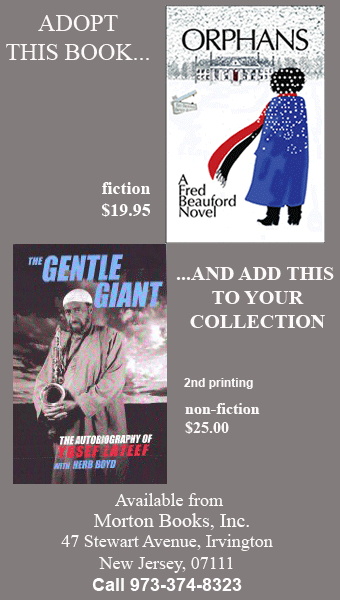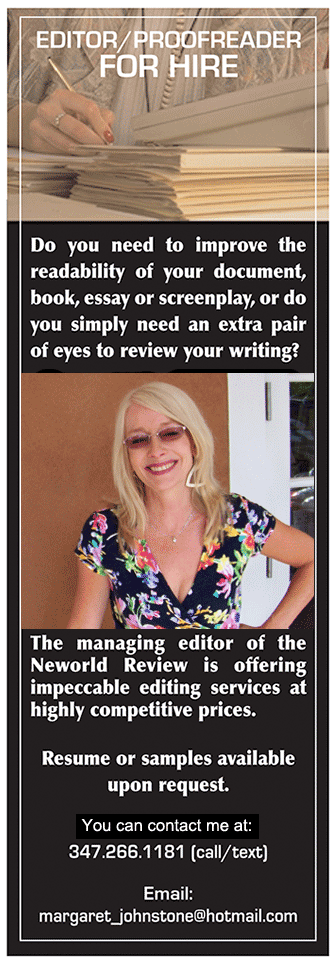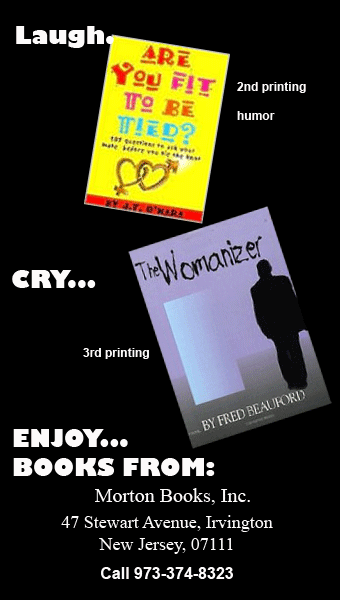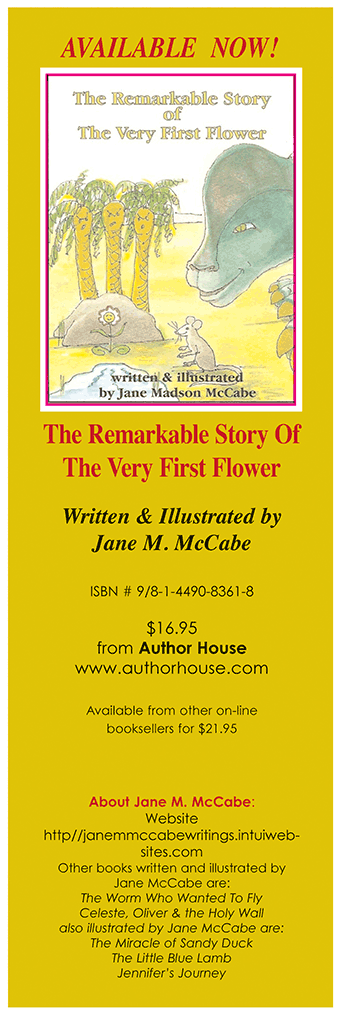A WRITER'S WORLD
"Being Flamed"
by Molly Moynahan
Getting reviewed is the result, good or bad, of being published. Back in the day, reviews came after your publishing date. Depending on the marketing efforts of your publisher, you might have multiple reviews or just a few. Newspapers contained the majority of reviews followed by magazines and then radio. Reviews were sometimes nasty but at least they were limited in their scope.
“Like being locked in the closet with a hysterical adolescent.” That was the sentence that summarized the effect of the narrative of my first novel, Parting is all we Know of Heaven. I stood in the middle of my dark, tiny one bedroom apartment sublet on the upper West Side reading that sentence over and over again and felt the blood rush to my cheeks at the shame of being publically identified as a bad writer. Then I ripped up that newspaper and moved on.
Flash forward to 2011. If you Google Amazon and my book, this is what pops up. There are 18 5-star reviews, but this is at the top: “Towards the conclusion of Molly Moynihan's cloying and manipulative novel Stone Garden, her angst-ridden protagonist laments, ‘How sad to be without a soul.’ That one sentence neatly encapsulates the essence of Moynihan's writing, soulless. Under the pretense of examining the devastating impact of unexpected death on sensitive adolescents, Moynihan manages to include every conceivable plot contrivance, cardboard characterization and tear-saturated sigh she can muster. The result is a dreary, unbelievable story that achieves the worst possible result: readers who lack sympathy for her protagonist and who could care less about the anguish the protagonist presumably feels.”
Does it matter that the reviewer misspelled my name and that the reviews from publications like the New York Times, The Chicago Tribune, Booksense and other respected media were filled with praise, and that the New York Times chose my novel as a 2003 Notable Book? Well, yes and no. There is something about those usually anonymous, frequently hyperbolic comments made by “regular” readers that triggers the shame response. As writers we feel implicated.
Lauren Baratz-Logsted, the author of books for adults, teens and young children including the YA novel The Twin's Daughter, has a smart way of dealing with these Internet attacks.
“After eight years and 19 published books I've learned to live by The Five-Minute Rule, the idea that no reviews - positive or negative - are worth more than five minutes of my time. If I didn't do that, I'd spend every waking moment wildly swinging between thinking "I'm wonderful!" and "I suck!" - which I suppose I do anyway but for entirely different reasons. “
However, she goes on to admit there are two types of flamers that can get under her skin. 1) The Trasher, the reviewer who never shows any acknowledgment that the author wrote the book earnestly and in good faith, for whom it's just not enough to express a wholly negative opinion, but rather, this person isn't happy until they've mocked every word and invited all their friends to join in the mocking; this type of reviewer is invariably someone who is having trouble getting published themselves.
2) The Review Stalker. I had one woman who absolutely hated one of my books and blogged about her hatred - perfectly legitimate. But then, anytime anyone anywhere on the Internet said anything positive about that particular book, she'd pop into the comments to say, "You know I hated that book." I'm not quite sure where that level of hatred comes from. It tempts me to say, "Mom? Is that you?" (Kidding, Mom!) But seriously, it's sad. I keep thinking if this woman's obsession could just be channeled in a more productive direction, she could solve major problems with all that energy, like maybe she could figure out how to build an environmentally sound Hummer or figure out how to end book piracy.
It’s interesting to notice what kind of criticism tends to unnerve published writers. While I can be disappointed in a thoughtful critic finding my work lacking in some desirable quality, I am knocked off my pins by snarky, exaggerated meanness. Someone who questions my right to actually be a writer feeds into my insecurity and sense of myself as an imposter. But there is the opposite experience that happens when someone who has nothing to gain by praising your work allows you to know how much he was affected by your efforts.
I think of the 70-year-old businessman who said he felt closer to my 16-year-old girl narrator in Stone Garden then any character he had ever encountered in a book. Or the college student who said she hoped she might write something that made people cry the way she had cried while reading my book. I am grateful to have access to these readers, to realize that I can’t assume anything when it comes to my audience. Susanne Dunlap' next YA historical novel, In the Shadow of the Lamp, will be published by Bloomsbury April 12. This is Susanna’s third YA historical and she has also published two adult historical novels with Simon & Schuster. Susanne understands that criticism from readers is part of publishing. “Reading is a very personal experience. And not everyone is going to have the same reaction to the same book. So I generally let negative reviews slide. If they’re thoughtful and considered, I’ll try to learn something from them.”
This is a significant point, the thoughtfulness of the reviewer. Sometimes it seems as if a flaming criticism is aimed at you as a person, someone who did the reader a wrong and that reader wants revenge. I have been jealous of other writers and felt a petty inclination to bring them down a peg, especially when that writer appears to be getting unwarranted praise. However, I would never carry that emotion into a commentary on their ability to write. I once reviewed the novel of a National Book Award winner, a novel I felt was not good. That review was incredibly difficult to produce. I admired this writer’s previous books and frankly I was afraid I might apply for some job or grant that this person might blackball. But the review was professional and thoughtful and I honored the writer’s previous work although I did not like the current novel. However, Susanne’s recent experience with a reader reminded me of the dark side of this new age of communication.
“Recently, I got a Google alert that pointed me to a lengthy—and I mean lengthy!—diatribe about a book of mine that was published in 2007, so not even a new one. I tried not to let it get to me, but the person was so insulting about my writing, and what bothered me most, took me to task for historical inaccuracy—which is not something I'm generally guilty of. I always write an author's note to explain any places where I've tampered with timelines etc., for the sake of the story, and as a music historian with a PhD, I know how to do my research. Several of the things the writer pointed out as wrong were in fact right.“
I have read writer’s responses to bad reviews and I usually think they’d be better off remaining silent and taking the high road, so to speak. It’s hard not to sound defensive, even if you’re correcting an outright lie. Susanne continues. “But of course, I wouldn't dream of engaging in a dialogue with someone who is so adamantly against a book, and that's what's frustrating. If you respond, you sound either petty or childish. So that diatribe is out there on the Web forever. The best thing is just to ignore it, chalk it up to the fact that you risk such things as soon as your work is out there. “
I think she is exactly right. While I don’t agree that all publicity is a good thing, the fact is that publishing is a public act and the public will often have something to say. Susanne’s message is to consider the writer’s intention and possibly to pause before you throw that flame.
“If I could send a message in general to people who are tempted to lacerate a book, I'd say just think of the writer. I don't mean don't be honest. But if you have a valid criticism, say it in a way that might actually help the author improve next time. If it's just that it didn't appeal to your personal taste, say that. And finally, put yourself in that author's shoes. We all work really, really hard on our books. Not everything's going to fly. But I personally try to respect everyone's effort. That's the most we can hope for."
A young woman at a reading once told me my novel was the best book she had ever read. I thanked her but my mind teemed with titles like Lolita, The Mayor of Casterbridge, To the Lighthouse, Invisible Man, andMy Antonia. Some part of me wanted to take her aside and explain how insignificant and flawed my novel was and help her discover great works of literature. But a week later someone on a web site weighed in on a discussion of the same book by calling it “trite and tear jerky.” I resisted making a snide comment about people who can’t write criticism, and also pointing out that “tear jerky” was not an intelligent way to describe a book.
I had published a novel and that was the best revenge.
Molly Moynahan is the author of three novels. The most recent, Stone Garden, was a 2003 NYT Notable Book. Her website address is www.mollymoynahan.com. Her blog is www.mollymoynahan.blogspot.com



